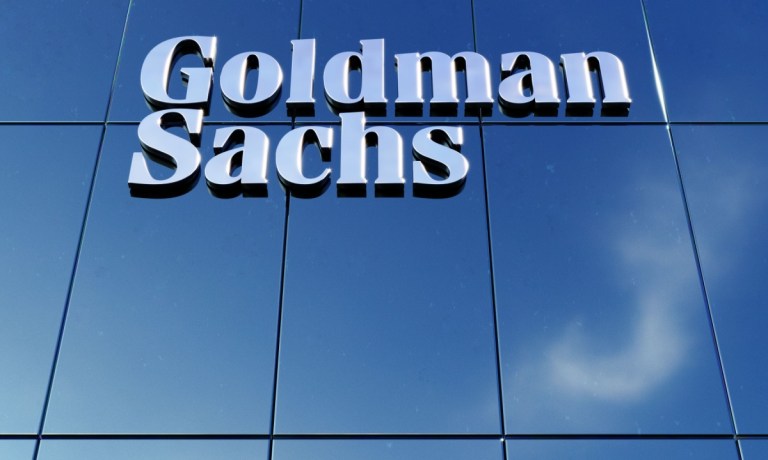The banking giant is in discussions with Barclays to transfer the issuance of the cards, the latest in its long-term project to move away from consumer lending, the Wall Street Journal (WSJ) reported Tuesday (April 30).
Barclays is the top contender to take over the GM cards, which have around $2 billion in outstanding balances, and could reach a deal by this summer, the report said, citing sources familiar with the matter.
The report notes that U.S. Bancorp and Bread Financial were also in consideration but had fallen away. A Goldman spokesperson declined to comment when reached by PYMNTS.
The news follows previous WSJ reports that the bank’s credit card partnership with Apple was also being wound down.
Goldman Sachs has been stepping back from the consumer banking space since 2022, selling its consumer lending platform GreenSky to a consortium of buyers last year.
Advertisement: Scroll to Continue
Last week, the bank reached an agreement with independent digital investment advisor Betterment, which is acquiring the digital investment accounts of Goldman’s Marcus Invest, which had offered customized investment portfolios to consumers.
Goldman Sachs launched Marcus Invest in February 2021, targeting retail investors.
While Goldman Sachs typically worked with investors with over $10 million in assets at the time of the launch, Marcus Invest had a minimum account balance of $1,000.
However, during an earnings call earlier this month, Goldman management noted that there’s still a commitment to transaction banking, with revenues in that segment coming to $80 million, up from $74 million last year.
“This is a medium and longer term project that we will deliver on,” CEO David Solomon said during the call, adding, “It’s small. But I think we’ve got the right focus.”
Meanwhile, research by PYMNTS Intelligence finds that a growing number of consumers prefer to get their credit cards from credit unions (CUs) or community banks, rather than nation banks.
That research shows that about 68% of consumers surveyed last year had relied on a national bank to issue their credit cards, down from 76% in 2020, according to “Credit Unions and Community Banks Gain Credit Card Issuing Momentum,” a collaboration with Elan Credit Card.
The study — based on surveys with more than 2,000 consumers — found that 24% would, given the choice, go with a more local option, such as their credit union or community bank.

